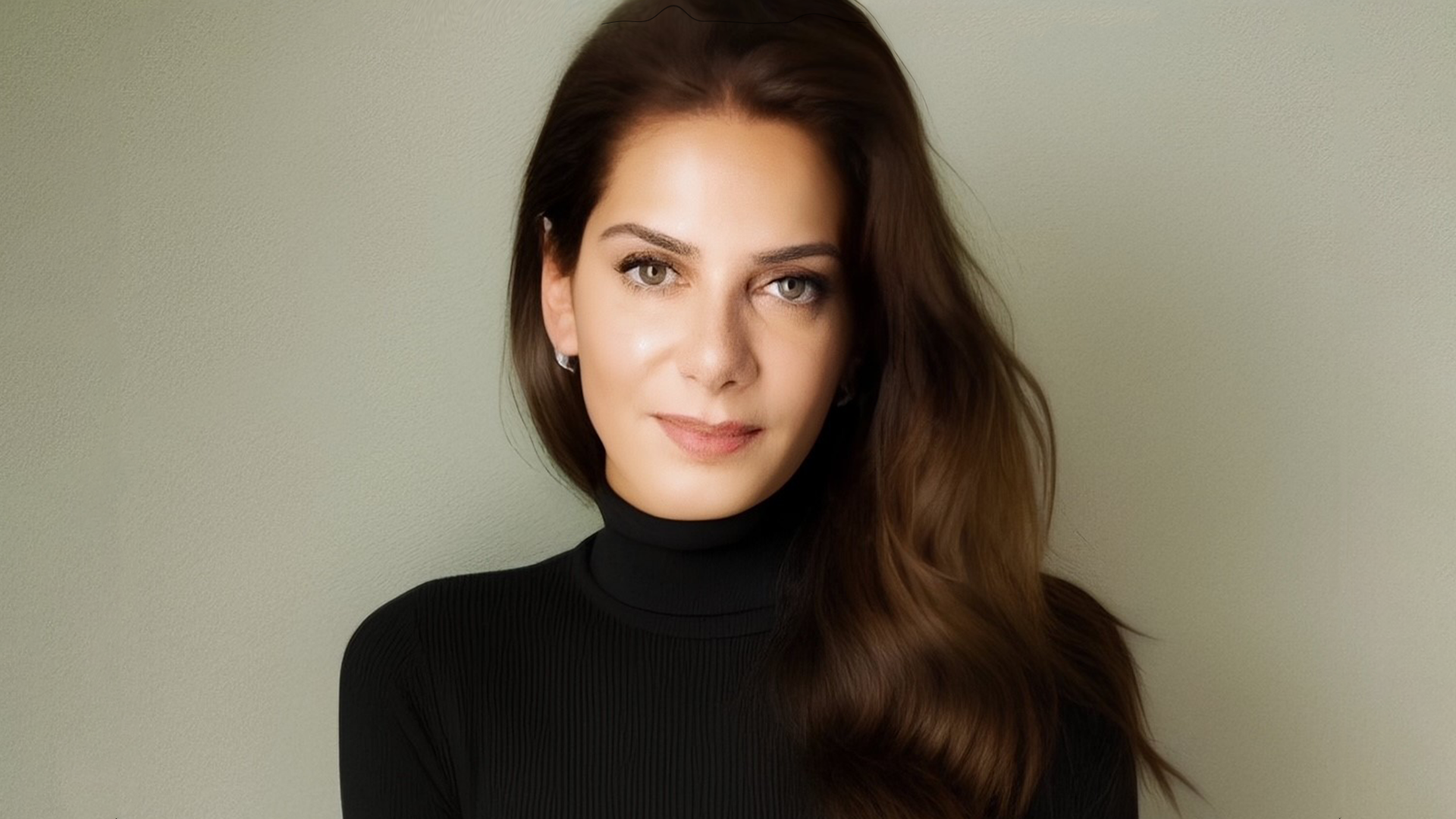Chris Steven, head of VigodaVip project, explains why Moscow’s elite have flocked to Russia’s first online platform dedicated to high net worth individuals

Chris Steven, head of VigodaVip project, explains why Moscow’s elite have flocked to Russia’s first online platform dedicated to high net worth individuals
Chris Steven, head of VigodaVip project, explains why Moscow’s elite have flocked to Russia’s first online platform dedicated to high net worth individuals
“Today, when you consume more than 1.2 million words per week, it’s really hard to use any information in the future,” reveals Chris Steven, head of VigodaVip, Russia’s first online platform dedicated to UHNWI’s. “You read about a new restaurant or spa in a glossy magazine like GQ or Vogue and you dream of visiting, but after a few days, after reading so much new information, it’s forgotten. It’s happening everyday.”
“The key point is that within our club, clients are able to use information, not only consume. It is a vital part of our model, if our member’s are interested in an offer, they can buy it right away. It is not about flash sales or discount clubs, we are talking about an intelligent way of merging media and commerce in one place.”
“ It is not about flash sales or discount clubs, we are talking about an intelligent way of merging media and commerce in one place ”
VigodaVip currently connects high net worth consumers in Moscow with international luxury products and services, primarily through its partnership with VISA. Holders of Platinum and Infinite cards issued in Russia are able to use their VISA number as an invitation code to join the site, where they are then presented with an array of recommended products & services, offered at a significant discount.
“All the places recommended to our clients are tested by VigodaVip’s experts,” confirms Chris. “If we are sure about quality, we ask the partner to create a new and unique offer that must be 100% exclusive and at least 50% less than the usual price. Our goal is to discover new places and opportunities for our clients.”

The site has attracted over 28,000 HNW members in just six months, many of which are celebrities, business owners, senior executives and social trendsetters. “In Russia we choose to work only in Moscow,” reveals Chris. “Here we have a lot of possibilities to involve all our target audiences – women 27-40, young affluents 18-25, senior executives and expatriates – all of them know how to use Internet and often have experience dealing with e-Commerce.”
Which is something relatively new for Russia Chris explains, estimating that only 15-20% of all Russians are really engaging the Internet and using it to shop. “Numbers wise, we are talking about 50,000 – 100,000 internet users, when – in my opinion – there are probably only 350,000 – 500,000 luxury consumers. Generally the greater population learns about luxury offline, through magazines and retail.”
“ Russian luxury consumers don’t have many valuable or relevant offers on the Internet, so we had to change their perception ”
“Launching the first premium e-Commerce project was really a big challenge, particularly finding ways to invite the right people. Russian luxury consumers don’t have many valuable or relevant offers on the Internet, so we had to change their perception. It was also difficult to overcome the negative associations with the Internet from some of our partners, who associated the Internet with being cheap.”
Despite such challenges, VigodaVip has grown to become the biggest digital HNWI consumer’s base in Moscow, and according to Chris, the only of its kind in the Russian market. He credits its success to the fact that it is a private club, without coupons or complexities involved in taking advantage of offers, where every brought privilege is accompanied by a personal concierge service.

This combination of exclusivity, simplicity and service, in delivering products and experiences that have been internally tested, for a significantly lower price, has struck a chord with Moscow’s affluent. Whilst Chris is adamant that the city remains the prime market for luxury in Russia, there are plans to launch the business as a franchise model internationally, initially in Europe and eventually in Asia.
“In other cities, we will launch the model with the name “SmartVIP” because it’s what we really think of our members. They are smart because they don’t consume information that cannot be useful to them in the future. We have interest from London, Milan, Berlin and other cities. Right now we have operational break even in Moscow and are starting to plan launches in cities where we can find strong franchise partners in 2012 and 2013.
For others discussions regarding the future of luxury and communications, please see the following:
– Targeting the Truly Affluent: Jim Kerwin, The Private Journey
– Straight to Consumers: Jerome Allien, Boom Mobile
– Augmenting Luxury Realities: Jonathan Chippindale, Holition










